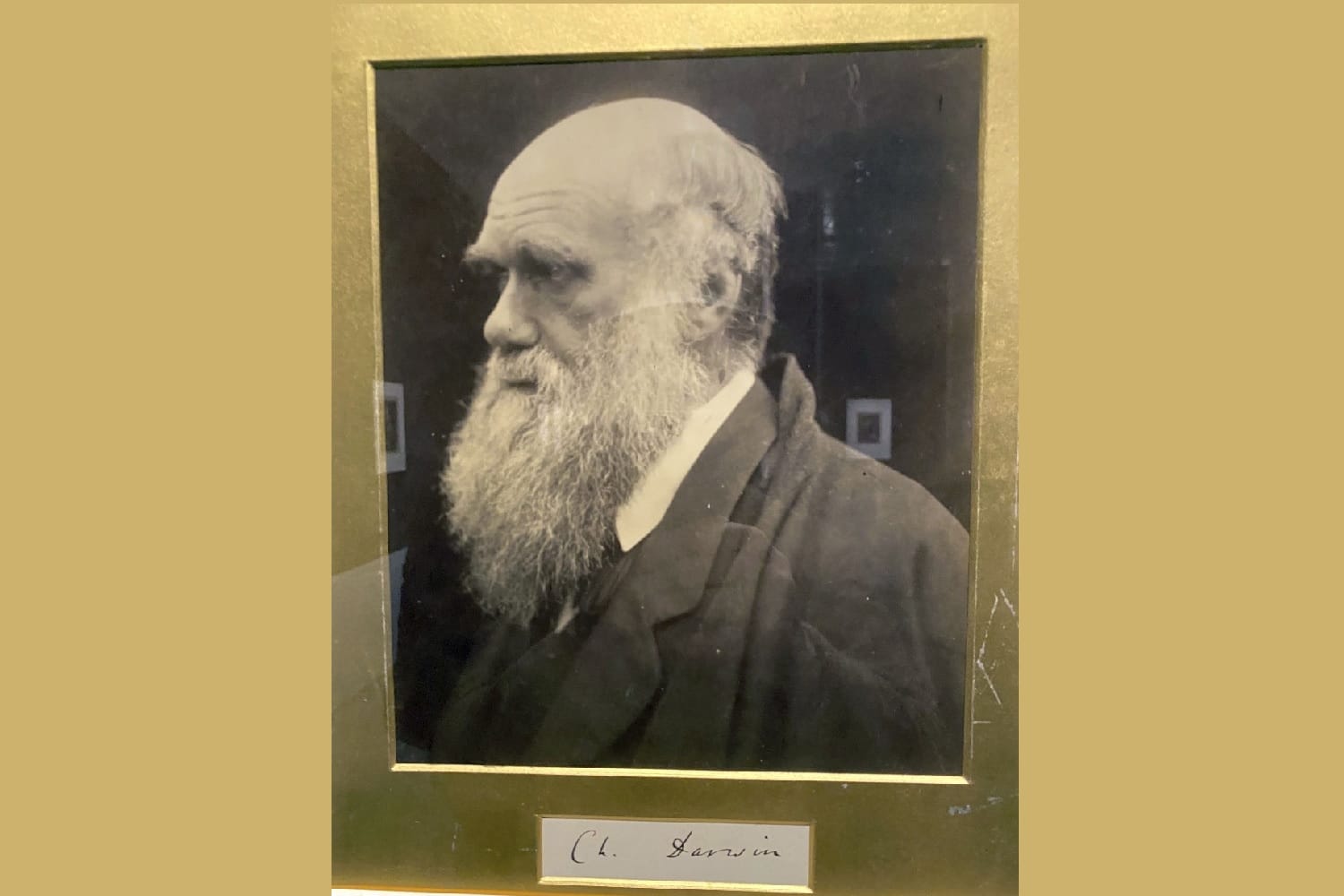Great Apes As Rational Agents
In Chapter 5 of The Evolution Of Agency, Michael Tomasello discusses the nature of the agency displayed by the great apes. This group consists of five species, chimpanzees, bonoboes, orangutans, gorillas and humans. The first four of these are the subject of this chapter. African great apes seem to have emerged about 14 million years ago following millions of years of evolution of mammals. The changes were far-reaching.
There are three relevant threads in this chapter:
- evidence of the rationality of great apes
- evidence that they recognize that others of their species act intentionally, possibly including humans
- the evolutionary pressures that might have contributed to the development of these two mental capacities
Tomasello offers an explanation of this rationality as dependent on a second tier of executive control.
Rationality of Great Apes
Tomasello gives a number of examples of evidence from field observations and experiments that shows the great apes are capable of observing their environment and acting on it it rational ways. One is their understanding of tools. For example, they use sticks to fish for ants and termites to eat. If there is no stick nearby they will tear off a twig from a tree, and strip the leaves if there are too many. They will drop stones on above-ground termite nests to flush out the bugs. Here’s how Tomasello ascribes rationality to this practice:
… [W]hen faced with a novel physical problem, great apes can also take control of the causal process and make new tools that will work in the new context. In this case, they are first imagining an effect that is needed to solve the problem, and then going back to create a cause. For example, in the wild, chimpanzees routinely modify too-leafy branches by stripping leaves from them so that they will fit into termite holes. P. 72, cite omitted.
Here’s another example. The experimenter shows a piece of food to a chimpanzee and then puts it into one of two cups. The experimenter shakes the empty cup. The chimpanzee is allowed to pick a cup, and chooses the unshaken cup. This shows a reasoning chain: no noise means no food; therefore the food is in the other cup. Tomasello says that these are forms of logical organization that we should consider as rational.
Great apes understand some cause and effects created by others
Great apes understand cause and effects created by their own actions, as do other mammals. Unlike other mammals, they also understand indirect causes of results, as with the use of tools. They also recognize that other creatures can themselves cause effects through their actions. Tomasello cites a paper reporting
… that three human-raised chimpanzees selectively reproduced actions that a human demonstrator intended to perform over actions she performed only accidentally; the chimpanzees also performed actions that a human intended to perform but did not actually succeed in performing. P. 75.
A two-part experiment tests whether chimpanzees can “use self-experience to infer what another sees”. (Abstract here). Great apes will took at what another is looking at, which is referred to as gaze-following. The subjects are taught the visual properties of two screens, one opaque, one see-through. The first experiment tests gaze-following when the experimenter is using each screen. The subjects don’t seem to distinguish between the two types of mask in the gaze-following experiment.
The second experiment uses a competition model, where the chimpanzee and the experimenter are dealing with food in two boxes. One has an opaque lid and the other a screen or a transparent lid. The subject is taught the effects of the three lids. Then food is placed in both boxes. If the chimpanzee tries to get food when the experimenter can see it (transparent or screen lid), the experimenter takes it away. To get the food, the chimpanzee must know from its own experience whether the experimenter can see the food. In this setting the chimpanzees get the food significantly more often, leading the experimenters to “conclude that chimpanzees successfully used their self-experience to infer what the competitor sees.”
Tomasello also cites some evidence of social learning in great apes. He says they can learn by noticing the results of the actions of other great apes, and then doing the same thing or something similar.
Evolutionary pressures
Tomasello suggests two types of environmental pressures that might have led to the evolution of these skills. First, fruit is an important part of the diet of chimpanzeees. Fruit trees grow in small clumps, and don’t put out fruit at the same time. Chimpanzees tend to sleep in large groups at night, and split into small groups for foraging. The smaller groups somewhat reduce the competition for food.
Great apes do not usually share these finds. The dominant member of the small group takes all it wants. Even so, predicting the behavior of competitors makes it more likely that subordinate individuals will obtain sufficient food.
Another factor might be that the great apes depend on social learning to maintain their groups, and to understand whether a specific behavior is or is not tolerated. Great apes have longer juvenile periods than other mammals, and much of their time is spent in groups where they learn to align their behavior with that of others. This requires them to be able to attribute their own experience to others of their groups.
This attribution seems to extend to their own mental states. As an example, juvenile chimpanzees use a specific arm gesture to indicate a desire to play with another. The juveniles know that the other must be looking at them in order to see the signal just as they do, and they wait until the other is looking at them to make it.
The psychological processes of great apes
Recall that Tomasello proposes a modes in which small mammals have an executive tier that supervises and controls the operational tier of mental processes. He suggests that great apes have a second level of control which he calls the reflective tier. Its function is to “… to monitor, troubleshoot, and intervene in processes of executive decision-making and cognitive control….” P. 82. In effect, Tomasello says it gives the great apes access to their own mental processes. This fits with the evidence he cites. For example, it explains how great apes can attribute their mental processes to other.
It also explains the results of this experiment cited by Tomasello. The subjects were rewarded for setting a group of blocks on end. Then a block was added that wouldn’t stand on end because of an internal weight. The subjects frequently inspected that block carefully trying to figure out why it wouldn’t stand up. The subjects are trying to reach a goal but failing. Tomasello says in this case the reflective tier in intervening in the intentional action to try to figure out why what works for most blocks doesn’t work for this specific block.
Discussion
1. Of course great apes can’t explain why they make these choices, so perhaps we humans don’t immediately think of them as rational. But think of the number of decisions we make without using strict logical constructions. In many of these cases rationality is buried so deep in our brains that we don’t really need to use language to work out the solution. This is similar to what Kahneman describes in Thinking Fast And Slow, which Tomasello cites in an earlier chapter for a similar proposition.
2. So far we’ve looked at three categories of agency, goal-directed agency as in lizards, intentional agency as in squirrels and cats, and rational agency as in the great apes. Tomasello’s thesis is that the psychological processes of human agency evolved through these groups.
Next he takes up humans. And so will I.


